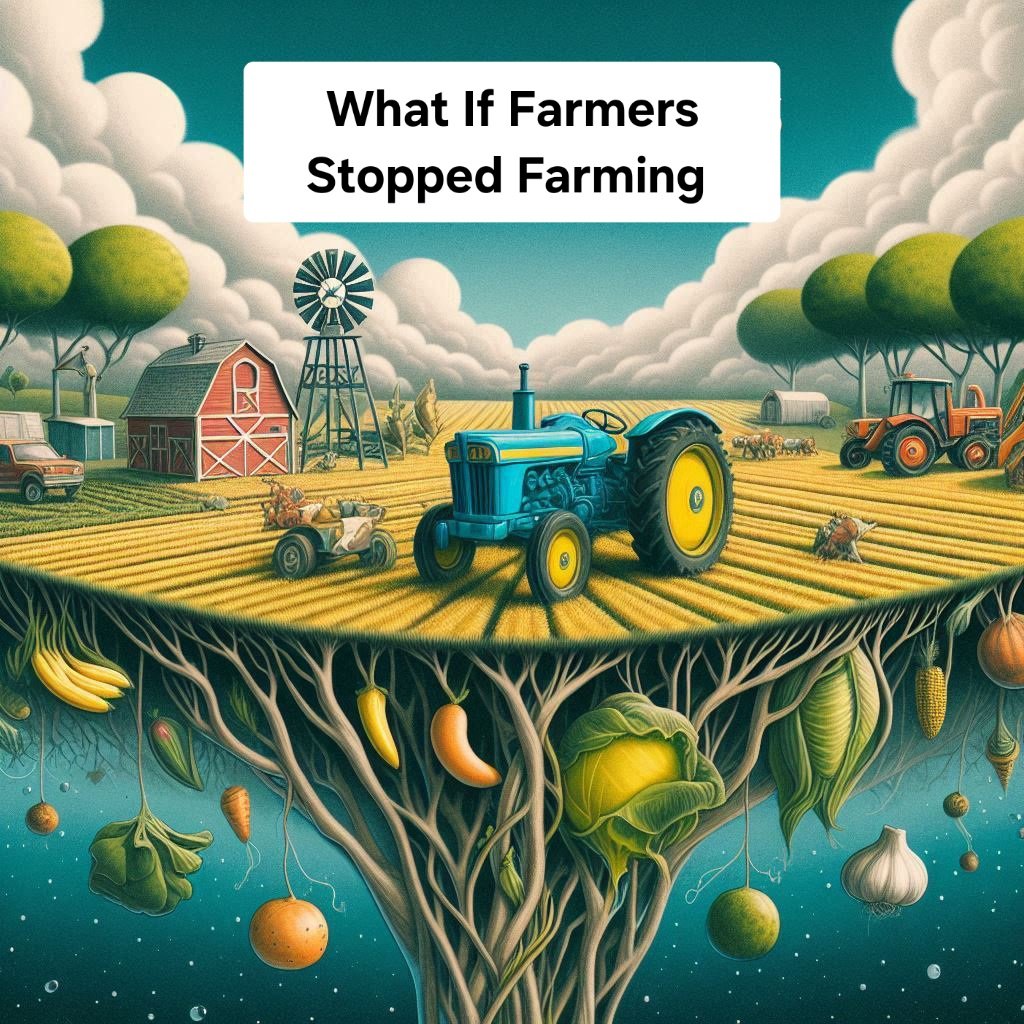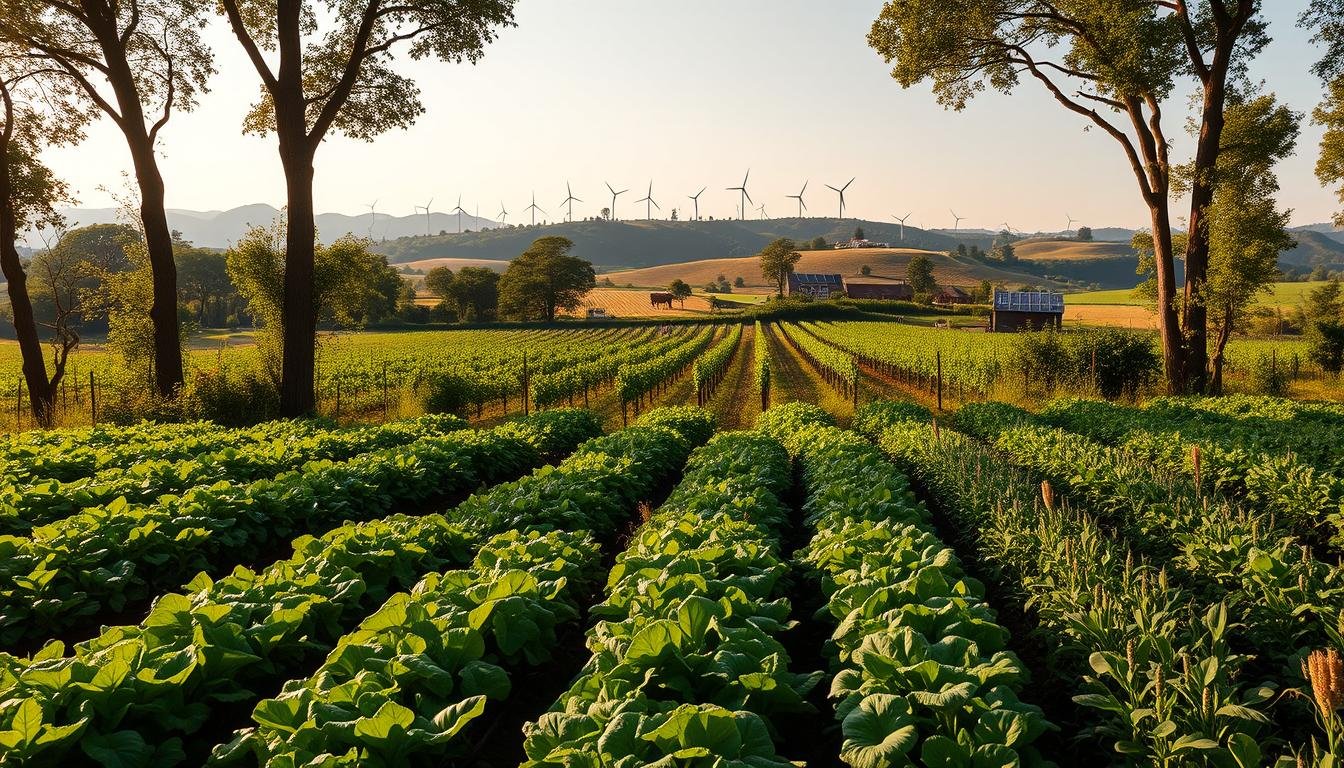What If Farmers Stopped Farming? Imagining a World Without Agriculture
Imagine a world where the fields lay empty, the soil untouched, and no one to plant or harvest.
What if farmers simply stopped farming?
It may sound like a distant possibility, but it’s worth thinking about the vast impact farmers have on every corner of our lives—and what would happen if they weren’t there to support us.
The Immediate Impact: Food Shortages
The first effect would be drastic and immediate: food shortages. Our supermarkets, farmer's markets, and kitchen pantries would quickly feel the impact.
Fruits, vegetables, grains, and other fresh produce would become rare, and prices for whatever remained would skyrocket.
Basic staples like rice, wheat, and corn, which feed billions around the world, would become precious resources that many couldn't afford.
Ripple Effects on the Global Economy
Farming isn’t just about food; it’s the backbone of many economies, especially in rural areas. Without farmers, rural economies would collapse.
The agribusiness industry, which involves everything from seed suppliers to transport companies, would face massive layoffs.
Jobs connected to agriculture—manufacturing, transportation, food processing, and more—would shrink, creating widespread unemployment and economic instability.
This ripple effect would spread to urban areas as well, affecting jobs and food supplies in cities far from the fields.
Health and Nutrition Crisis
Without fresh, locally-grown food, our health would deteriorate. We’d have fewer fruits, vegetables, and whole grains available, which are essential for balanced diets.
Highly processed and imported foods would become the norm, lacking the nutrients and freshness that local farms provide.
Malnutrition and diet-related diseases would likely increase, particularly among the most vulnerable populations.
Environmental Consequences
Ironically, without farming, our environment could suffer in different ways. Responsible, sustainable farmers play a vital role in maintaining the health of the soil, water, and ecosystems.
They plant cover crops, manage water usage, and keep soil rich with nutrients. Without them, soil erosion, water pollution, and desertification could increase as abandoned fields degrade.
Additionally, wild spaces that farmers help maintain and protect could be threatened by development or neglect.
The Loss of Cultural Heritage and Knowledge
Agriculture is more than just a job—it’s a way of life. For generations, farmers have passed down knowledge about the land, seasons, and sustainable practices.
If they stopped farming, we’d lose valuable traditions and skills that cannot be replicated by machines or corporations.
This loss would be felt deeply, particularly in cultures where farming is woven into community and identity.
Can Technology Replace Farmers?
Some may argue that technology—such as automation, artificial intelligence, and lab-grown food—could fill the gap. But even with these advancements, we’d still miss the human understanding of the land.
Farmers know their fields and crops on an intimate level, observing changes in weather, soil health, and plant growth that machines can’t fully replicate. Technology alone lacks the adaptability, care, and insight that farmers bring to agriculture.
A Call to Action
As we consider the possibility of a world without farmers, it becomes clear just how much they contribute to our daily lives and future sustainability.
Supporting our farmers is essential—not only for the food they provide but also for the balance they maintain in our economy, environment, and culture.
Let’s invest in sustainable agriculture, encourage the next generation of farmers, and ensure that we never have to face a world without them.
Our farmers are not just feeding us; they are preserving our planet, culture, and communities. Let’s work to honor and support their essential role.

Share this content:

3 comments